Speaking in the discussion, Comrade Ma Thi Thuy, Member of the Provincial Party Committee, Deputy Head of the 15th National Assembly Delegation of Tuyen Quang province, expressed her agreement with the National Assembly's monitoring report and draft resolution on the results of the thematic monitoring; she assessed that the report objectively and comprehensively reflected the results, limitations, and practical solutions. In addition, based on practical monitoring experiences at the local level, the delegates pointed out many shortcomings in the process of law enforcement.
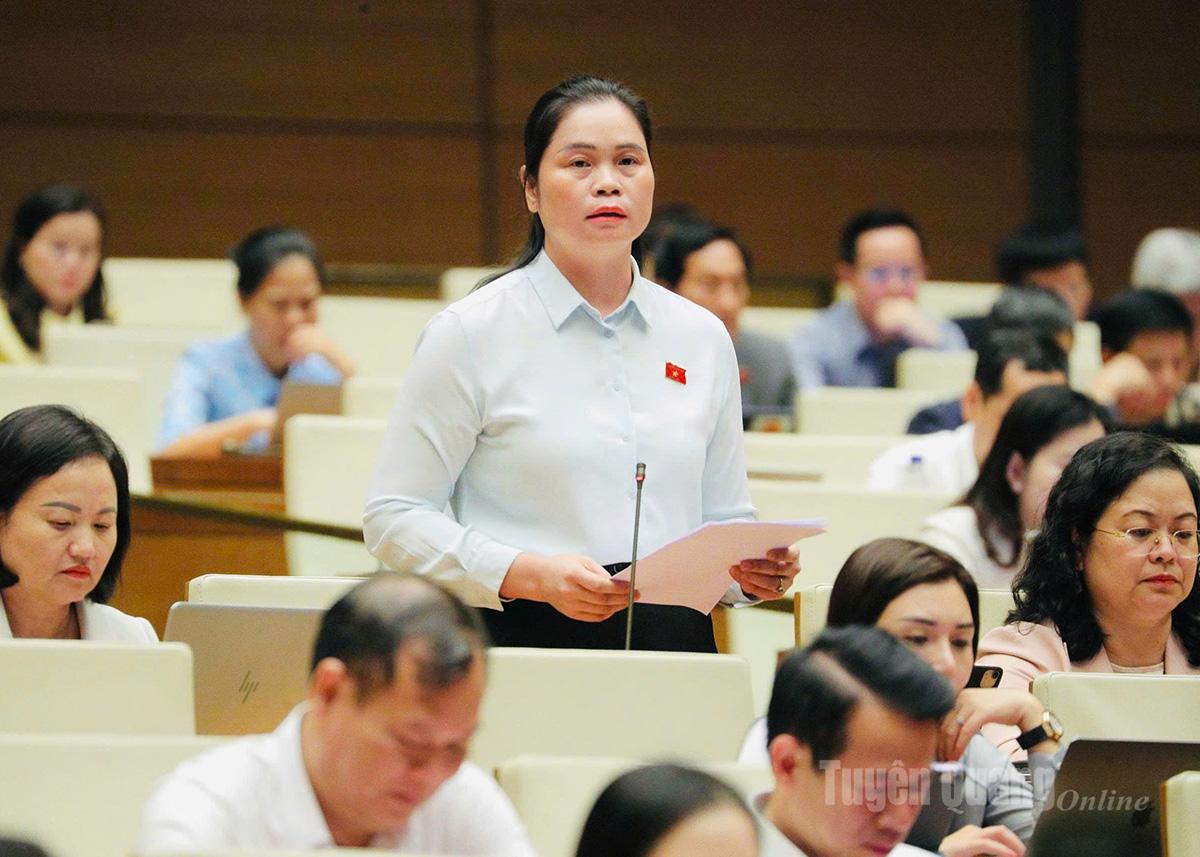 |
| Delegate Ma Thi Thuy speaks during the discussion. |
Regarding the feasibility of the policy and the implementation of legal regulations: The Deputy Head of the Provincial National Assembly Delegation stated that the roadmap for waste sorting at source and charging fees based on volume (no later than December 31, 2024) is not feasible, especially difficult to implement in mountainous areas. The reasons include fragmented terrain, scattered population, incomplete collection systems, and limited budget for environmental protection. Currently, the collection infrastructure mainly relies on manual landfilling, and many communes lack standard collection points or incinerators.
Furthermore, regulations require businesses to construct tanks and reservoirs for responding to environmental incidents (according to Article 111 of the Law and Decree 08), but to date, there are no specific regulations or technical standards. This creates difficulties for businesses in design and assessment, leading to inconsistent application across localities and high investment costs.
Regarding automated monitoring of wastewater and exhaust emissions, delegates acknowledged that this is a correct policy, but the installation and maintenance costs are still high, and the technical regulations are not yet standardized, causing difficulties for businesses.
Comrade Ma Thi Thuy also pointed out the current situation regarding the management of medical waste, noting many difficulties and a lack of uniformity. Many commune health stations do not have wastewater treatment systems that meet standards or procedures for collecting hazardous waste in accordance with regulations. The situation of waste sorting at source is not thorough, and there is still a mixing of hazardous and ordinary waste.
Regarding implementation resources, delegates affirmed that decentralization and delegation of power pose significant challenges for localities due to the limited number of environmental management personnel, especially at the commune level; inspection work in many places remains superficial; environmental protection infrastructure in industrial clusters has not been fully invested in accordance with the law; and the social mobilization policy is not strong enough to attract businesses to invest in waste and wastewater treatment in rural, remote, and disadvantaged areas.
Deputy Head of the National Assembly Delegation of Ma Thi Thuy Province agreed with the solutions proposed by the Supervisory Delegation and requested the National Assembly to direct a review and amendment of regulations on the roadmap for applying the policy on managing household solid waste (according to Clause 7, Article 79) to ensure feasibility, especially for mountainous areas. In addition, administrative procedures should be simplified, such as the environmental permit procedures for small projects; and consideration should be given to adjusting the authority to issue environmental permits from the Provincial People's Committee to the Chairman of the Provincial People's Committee or a specialized agency to expedite the process and align with the current decentralization of power.
We propose that the Government and relevant Ministries and agencies promptly issue specific technical guidelines for emergency response projects, while also considering mechanisms to support and deduct investment costs for automatic monitoring stations; and issue missing technical guidelines for localities to implement (such as landfill closure procedures, management of pesticide packaging, and on-site wastewater treatment technology). In particular, regarding the carbon market, we request that the Government urgently direct the establishment of clear regulations on ownership rights and mechanisms for paying forest carbon credits to individuals and communities. This is a crucial legal basis for provinces with large forest areas to leverage their green economic advantages.
Regarding resources, it is proposed to specifically increase targeted financial support from the central budget for disadvantaged localities, focusing on solid waste and wastewater treatment infrastructure. Along with this, strong incentive mechanisms should be enacted to attract private investment in this sector, especially in rural areas.
To definitively resolve environmental issues, Deputy Head of the Provincial National Assembly Delegation, Ms. Ma Thi Thuy, proposed that the Government continue to allocate sufficient resources for investment in grassroots healthcare, ensuring that commune health stations have wastewater and waste treatment systems that meet standards; strengthen environmental inspection and auditing; and strictly handle violations by organizations and individuals in the environmental field.
Ngoc Hung
Source: https://baotuyenquang.com.vn/thoi-su-chinh-polit/202510/pho-truong-doan-dai-bieu-quoc-hoi-chuyen-trach-tinh-ma-thi-thuy-can-thao-go-vuong-mac-khi-ap-dung-luat-bao-ve-moi-truong-tai-mien-nui-42c79b7/








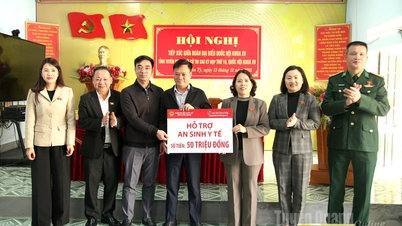

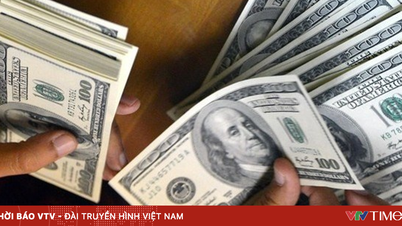

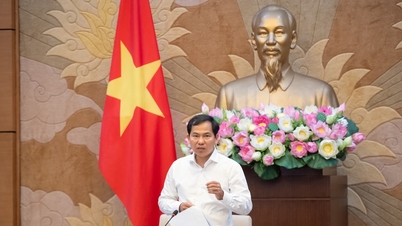

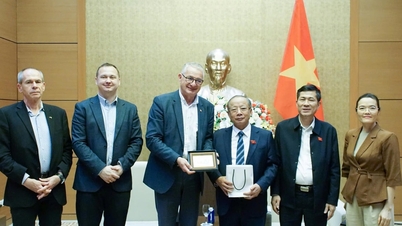
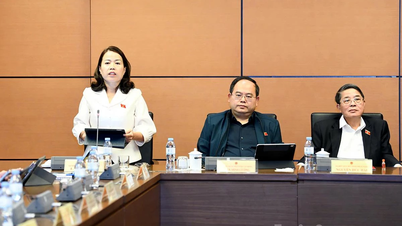
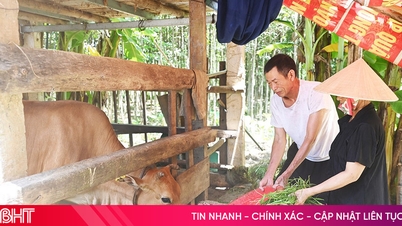



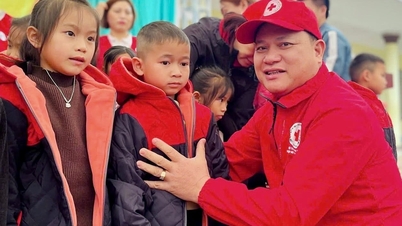

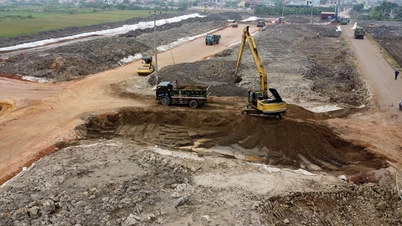
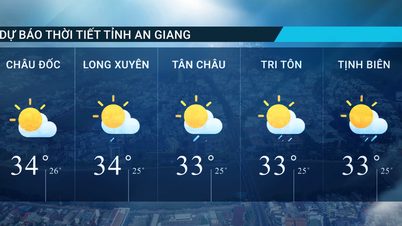







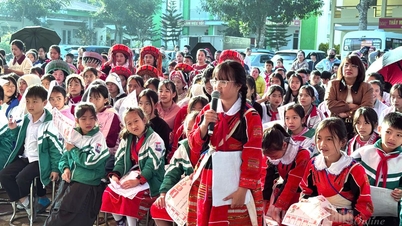
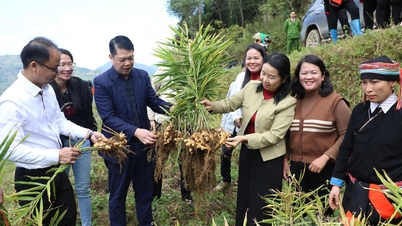
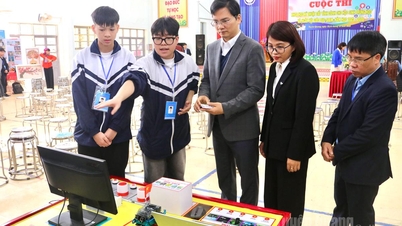
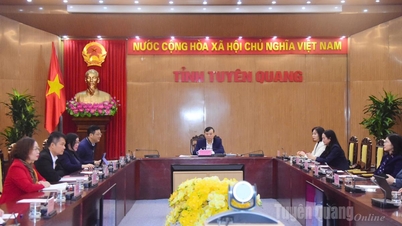
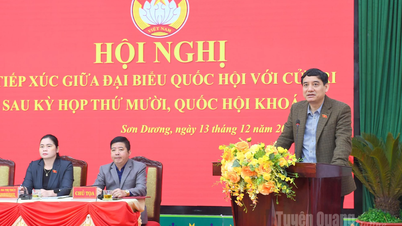
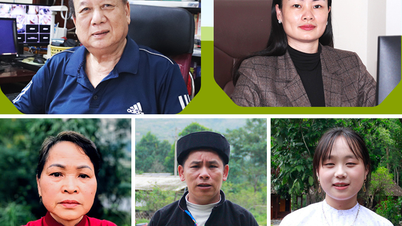




































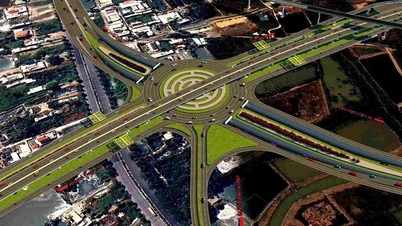


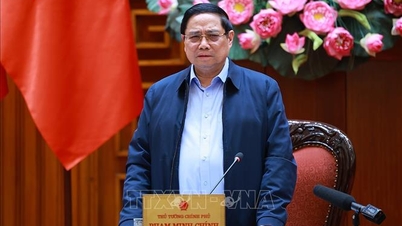







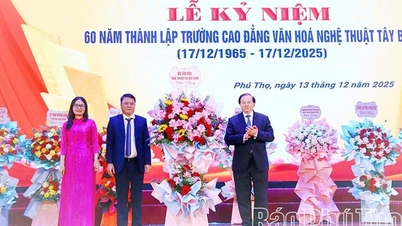
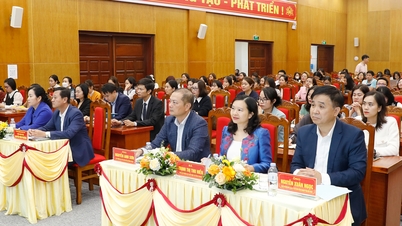

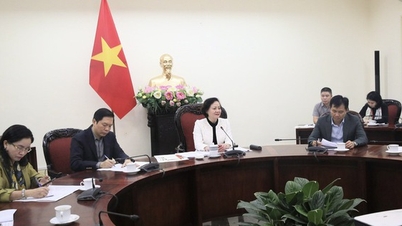
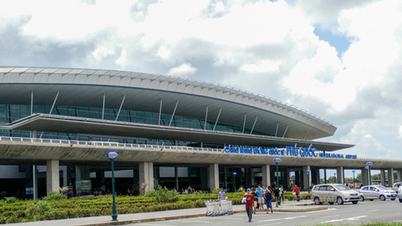
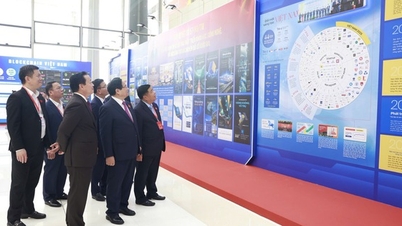
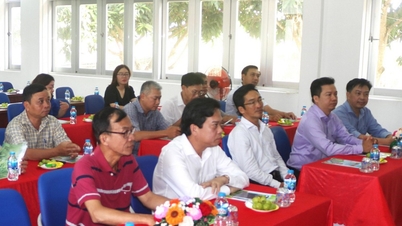

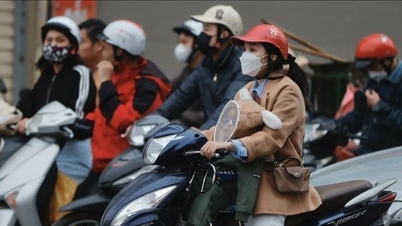

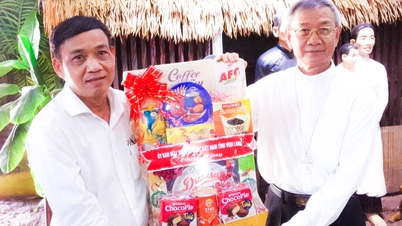


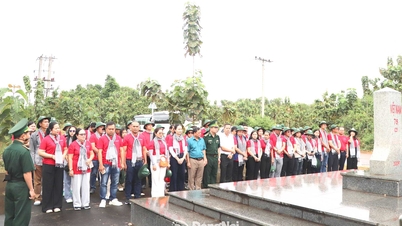















Comment (0)